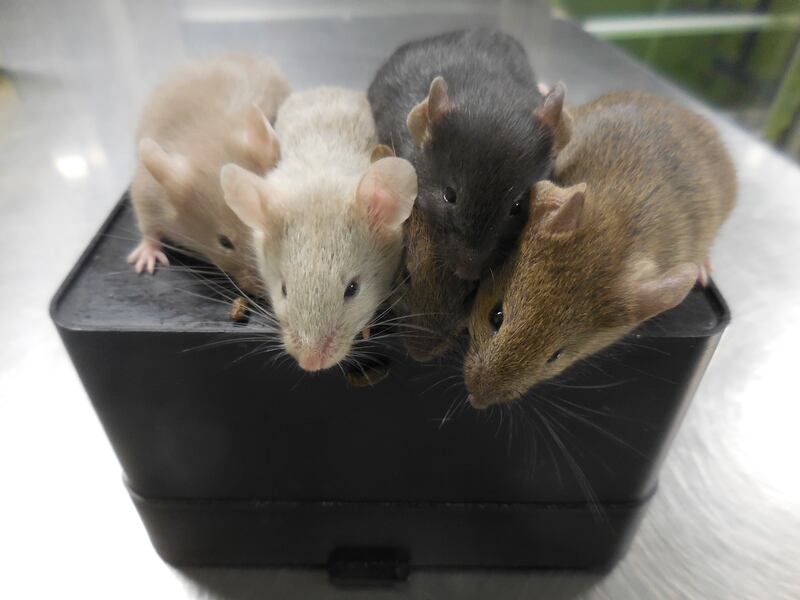When someone with alcohol poisoning shows up at the emergency room, health care professionals have no choice but to wait until the patient is awake and alert to treat their additional injuries, which often accompany overdoses. In the meantime, the unconscious patient faces the risk of choking and has to be intubated.
There is currently no remedy to help these patients wake up faster. However, scientists at the University of Texas Southwestern recently discovered that injecting a naturally occurring hormone into drunk mice accelerates their recovery, and the same could be true with humans.
When alcohol enters the bloodstream, the liver produces a hormone called FGF21. “So you have just a couple of drinks, and this hormone comes on very strongly,” said Steven Kliewer, a pharmacologist and molecular biologist who helped conduct the research.
In mice, FGF21 protects the liver from the effects of alcohol, diminishes the desire to continue drinking and induces water drinking.
To test if the hormone could help mice sober up more quickly, the researchers fed them alcohol and analyzed how long it took them to flip back onto their feet after blacking out. Mice that were genetically altered to be FGF21-deficient took 11⁄2 hours longer to wake up than the “wild-type” mice that were able to produce the hormone.
When the wild-type mice were injected with an extra dose of FGF21, they regained consciousness twice as fast. The hormone shot also helped mice recover their balance and coordination in less time.
Kliewer explained how the hormone works: after being released into the blood, it makes its way to the brain where it triggers a set of neurons to release norepinephrine. “Norepinephrine is an important neurotransmitter in the fight or flight response — and this then drives alertness or wakefulness in the animal,” he said.
While FGF21’s link from the liver to the brain has yet to be proven in humans, the scientists involved in this study hope emergency room physicians will be able to use it to treat alcohol poisoning, which kills about six people a day in the U.S.
The hormone is already in clinical trials for metabolic diseases, Kliewer said, so it’s proven to be safe for humans. The next step is clinical trials in the context of alcohol.
Lorenzo Leggio, a Baltimore-based scientist not involved with the study, said per Science News that such a drug could also be used to treat liver disease and alcohol addiction.


